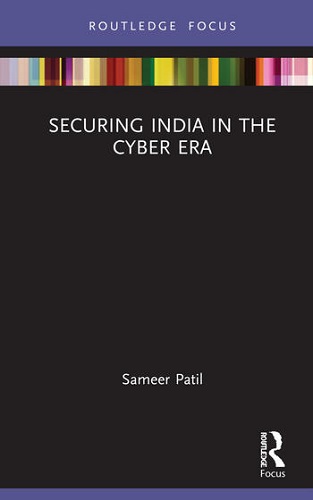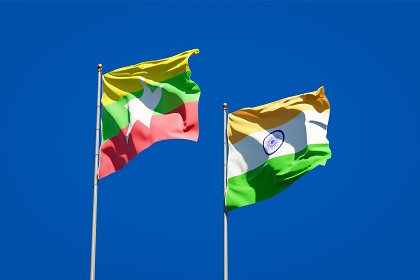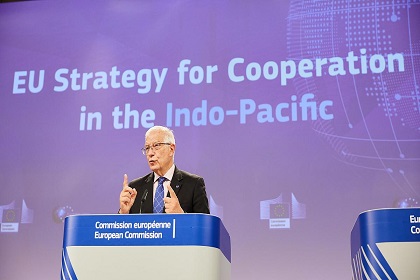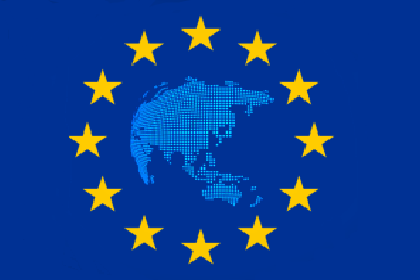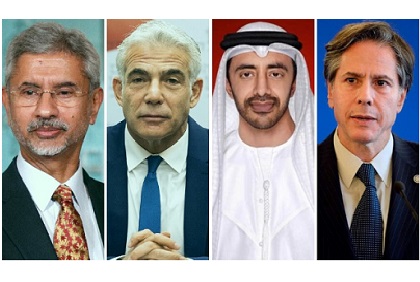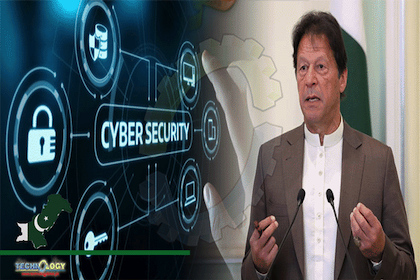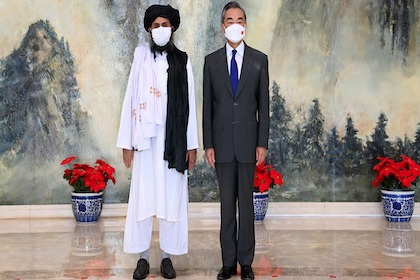Securing India in the Cyber Era
As conflicts move online, countries are manipulating cyber space to exploit their adversaries' dependence on information, communication and digital technologies. The dark web and digital black markets pose a growing challenge to India's national security and digital economy. India's response to the threat is three-pronged use of policy measures, law enforcement, and international collaborations. The excerpt from this book explores the ways in which India can combat cyber crime and manage the global cooperation required to curb illicit online activities.

